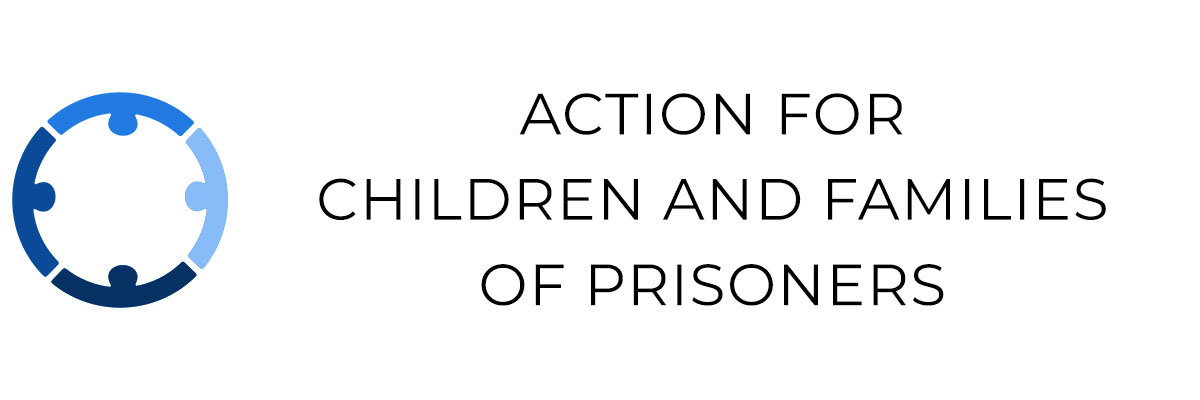An article published in the Journal of the American Academy of Psychiatry and the Law by Hatters Friedman et al. investigates the experiences of pregnant women and mothers incarcerated in the United States. Of particular interest here is their focus on mother-baby-units (MBUs), which are few and far between in the US but have had positive effects on the wellbeing of mothers and children affected by imprisonment. The article critically notes that, despite recommendations made by UNICEF against the separation of incarcerated mothers from their children, four countries continue to regularly invoke this practice – the Bahamas, Liberia, Suriname, and the United States.
Mother-Baby-Units
Only a quarter of US states contain MBUs, and even then, there are strict conditions for entry. In an Ohio unit, for example, a mother may only be eligible if she is pregnant during custody, has a sentence of less than three years, does not have any violent or child abuse convictions, meets certain (mental and physical) health criteria, and is the legal custodian of the child.
There are, however, many positives for women who qualify for transfer to an MBU with their child. This includes a child-friendly environment that is focused on a good relationship between the parent and child, protection from homelessness, drug abuse, and domestic violence, and parenting education. Infants were found to experience less anxious and depressive issues when they stayed with their mother in an MBU than infants who were separated, and the article references a study by Shlonsky et al. which indicates that women who spend time in an MBU have lower rates of recidivism.
Consequences of Separating Mothers and Children
42% of incarcerated mothers in the United States are single parents, and they are more likely to cite a grandparent as the primary caregiver of their child while in prison (42%), than their child’s father (37%). Mothers in prison are far more likely to have their child placed in the foster care system (11%) than fathers in prison (2%), which further demonstrates the need for MBUs.
The article references another study in Michigan of women who gave birth in prison, and found that 42% of infants born in prison were placed into foster care during the prison term of their mother, and 31% of mothers had their maternal rights terminated despite wanting to parent after being released.
Recommendations
The study ultimately recommends more mental health supports to women in prison, and for the assistance of the Child Protective Services in allowing more women to serve time in MBUs.
Read the article in full here.

Recent Comments